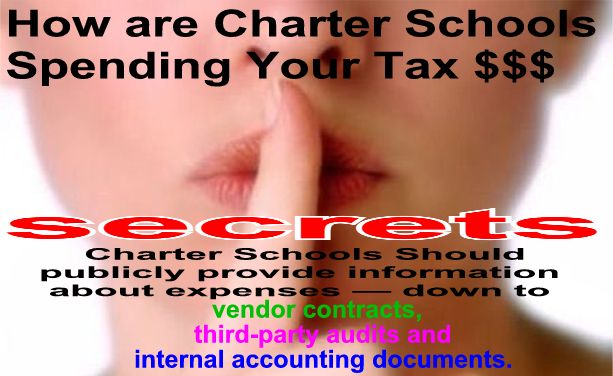Teachers' union considers hard line on charter schools

The USA’s largest teachers’ union is poised to take a hard line against charter schools, publicly funded but often privately run K-12 schools that now educate about one in 16 public school students.
Meeting in Boston this week, the National Education Association (NEA) is expected to vote Tuesday on an overhaul of its policy statement on charter schools. A policy statement is the highest-level position the union can adopt on an issue. Though it is 160 years old, NEA has policy statements on fewer than a dozen issues.
The new statement is NEA’s first since it took up the matter in 2001. At the time, charter schools were something of a curiosity: They were less than a decade old and enrolled around 571,000 students. The statement took a wait-and-see attitude, recommending that educators evaluate charter schools on a case-by-case basis.
Today, charter school enrollment tops 3 million, more than five times the 2001 total. The new statement, appended to a lengthy April 26 report from an NEA task force, says charter schools’ explosive growth has led to the rise of “separate and unequal systems of charter schools that are not subject to the same basic safeguards and standards that apply to public schools.”
Since the first charter school opened in St. Paul, Minn., in 1992, the sector has grown steadily. Last fall alone, more than 300 charter schools opened, says the National Alliance for Public Charter Schools. More than 6,900 charter schools now enroll an estimated 3.1 million students.
Overall, about 50.4 million students attend public K-12 schools, federal statistics show. About 5.2 million attend private schools.
But a quarter-century after the first charter school opened, the movement is at a crossroads. Though it stands to grow even more under President Donald Trump, a few Teachers' union considers hard line on charter schools:




